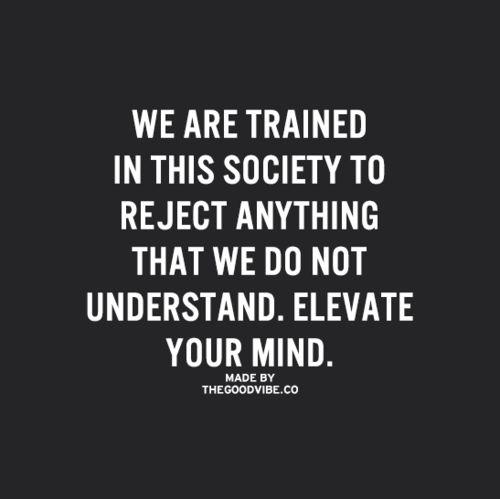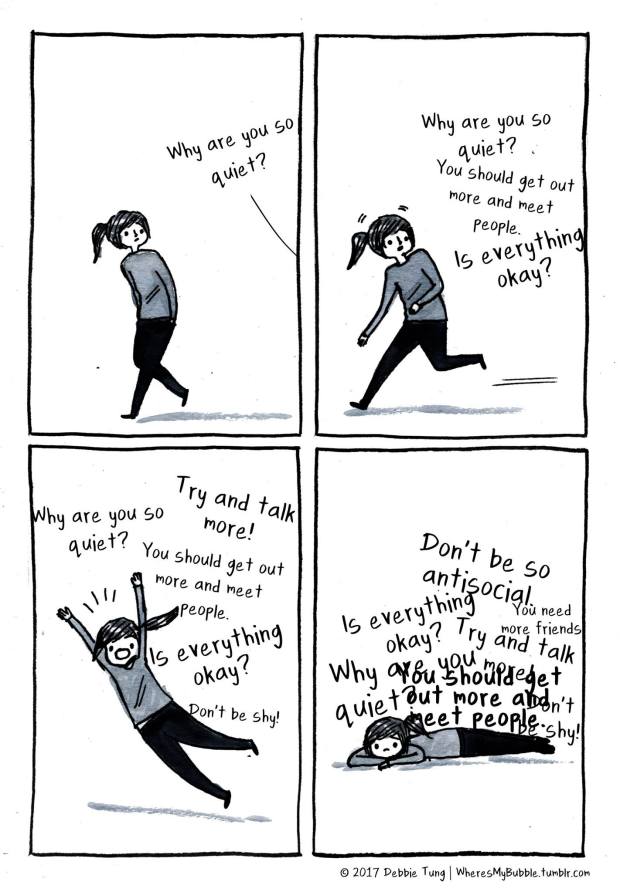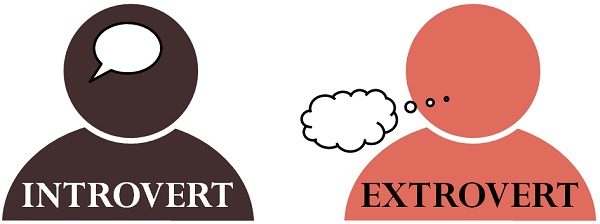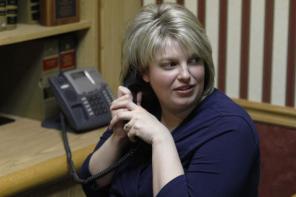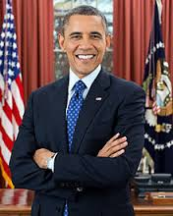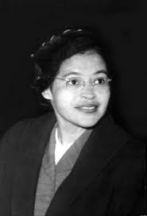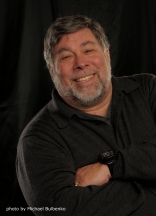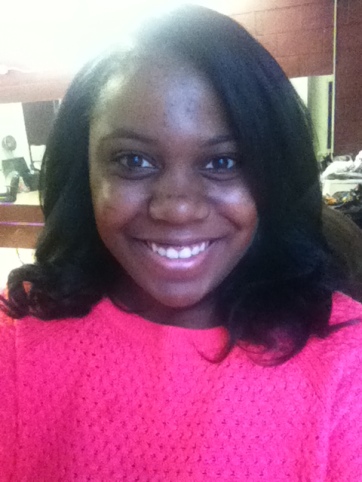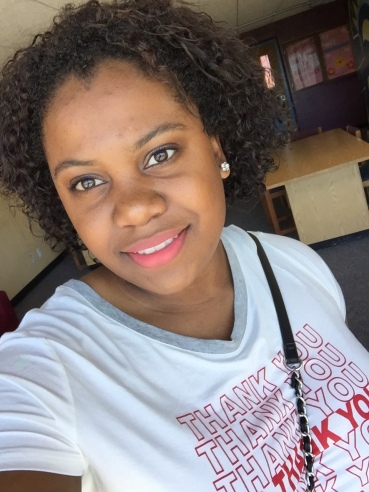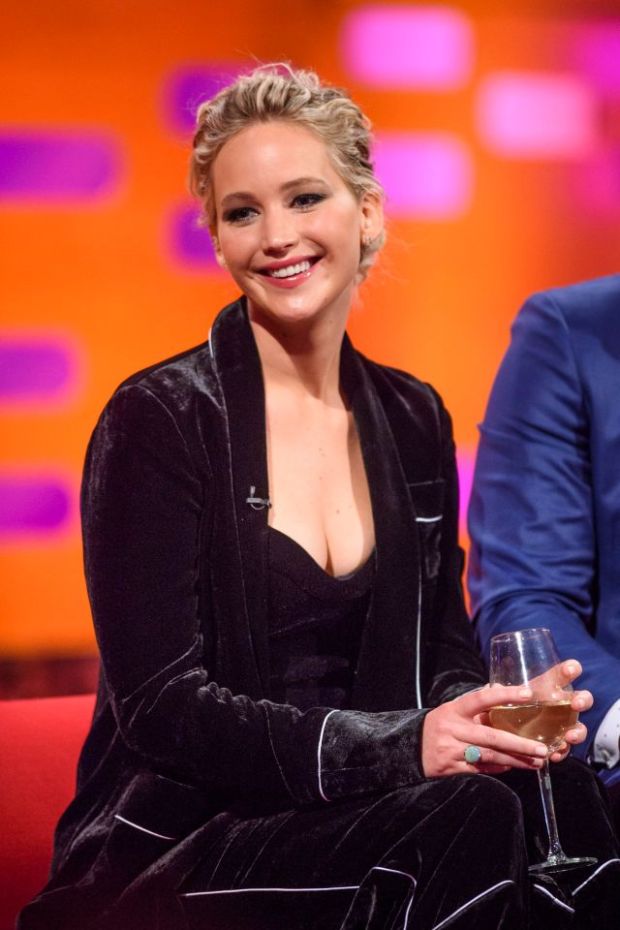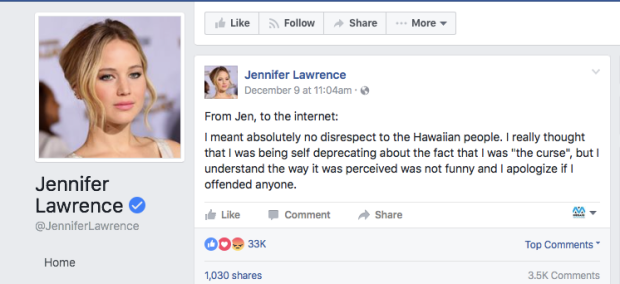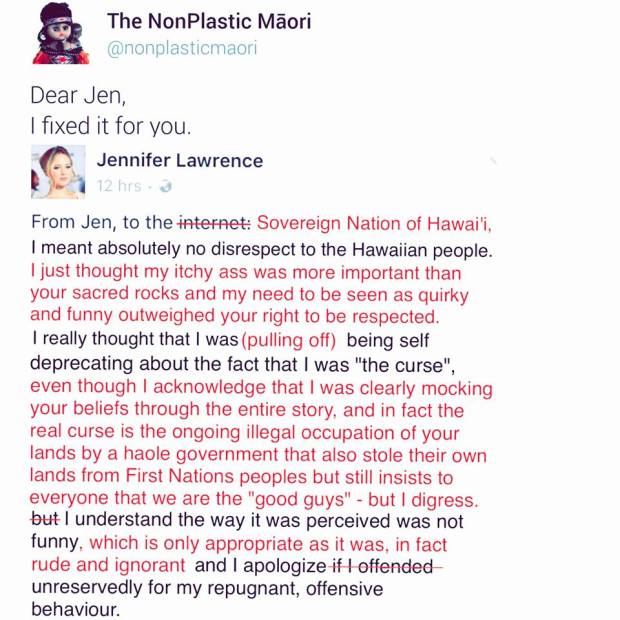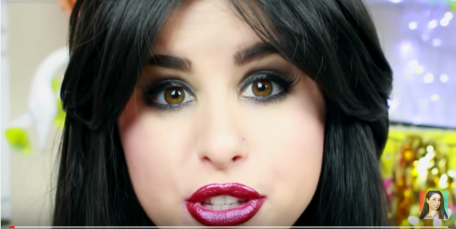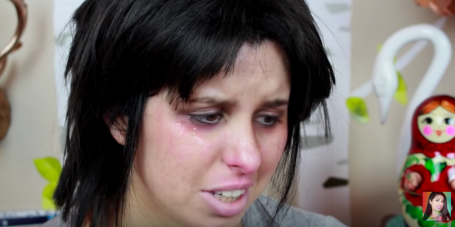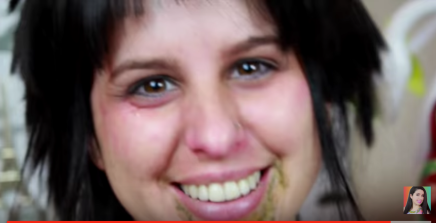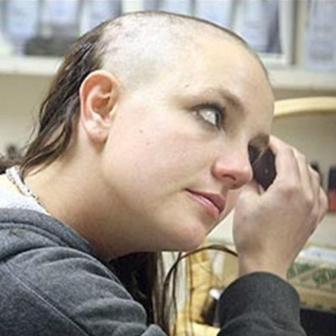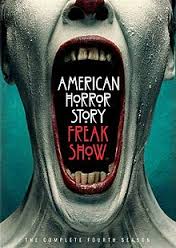In the beginning of February, at 3am, I lost a snap-streak with my #1 best friend. For anyone who doesn’t go on Snapchat, that means that the person I interact with the most on Snapchat hadn’t send me a picture within a 24 hour window. I was deeply upset (which is ridiculous, I know) and felt very lonely. In that moment I decided to delete all of my social media apps for one month in order to restart my relationship with social media and lessen my dependence on it. I learned some important things during the month of February that I’ll hopefully keep in mind moving forward. To learn what to expect during a social media detox, keep on reading.
1. You miss out on all the memes:
You can’t miss out on memes if you never leave the internet
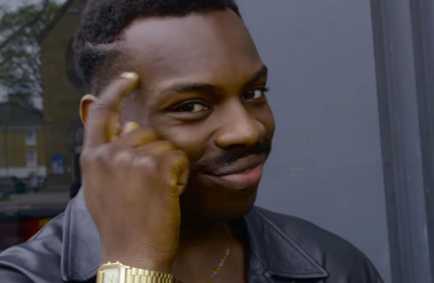 (am I doing this right?)
(am I doing this right?)
This was probably one of the first things that made me apprehensive about deleting my social media apps. Memes (images or phrases that spread rapidly through social media) are one of the best parts of being online. It’s like having an inside joke with the entire internet. Luckily for me, my co-workers spend as much time online as I did pre-detox. My coworker Chelby promised me that she’d keep me up to date on memes even if that meant she had to mail them to me. When I got back on the internet March 1st, I had to figure out the context of memes I had missed, mostly the “white guy blinking” meme and the “roll safe” meme (pictured above).
2. You have to evaluate what counts as a social media account


I had to stay on groupme for my job even though it was technically a social media app. I also stayed on YouTube because I don’t interact with people on there (I’m afraid of the youtube comments section). I was on Pinterest for awhile too, pinning things to my collaborative board for my summer job. I became one of those middle-aged white women on pinterest & had to add it to my detox list because of my lack of self-control.
3. When people talk about social media you feel a strong desire to plug back in
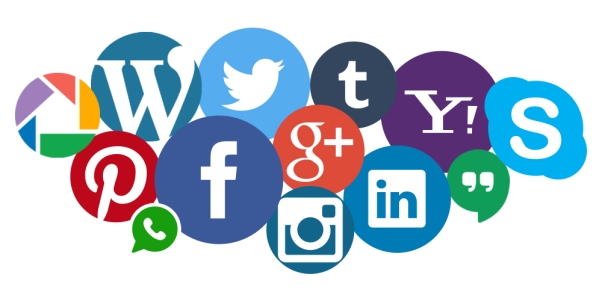
Not being on social media was really hard at first, but what made it harder is knowing that a lot of the conversations millennials have today is through sharing content online and offline. My friends would ask me why I wasn’t opening their snaps, or showing me funny tweets and tumblr posts. It was the reminders from others of my absence online that made it so hard to keep myself unplugged.
4. Serious FOMO (Fear Of Missing Out) … Or None At All
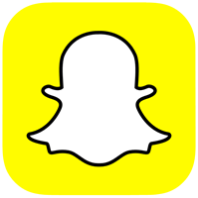
Snapchat: showing you what you’re missing out on since 2011
Seeing everyone plugged in online made me feel like I was missing out on something important (like those aforementioned memes) but also it lessened my desire to know what was going on in people’s personal lives. I used to watch Snapchat stories and see people partying, hanging out with friends, and eating out. Seeing other people having fun made me feel like I was missing out on things even when I was out having fun myself. With snap stories out of sight, people’s daily lives were out of my mind and I didn’t have to worry about what people were eating or what people were doing.
5. You have no idea who’s birthday it is
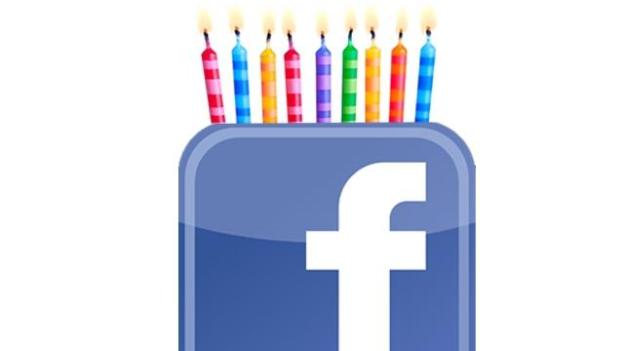
Shout out to Facebook for reminding me when my friend’s birthdays are because I’m seriously too lazy to put them in my planner.
6. Networking is harder
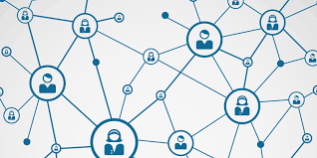
When I deleted my social media it was during the CaCCCHE (California Council of Cultural Centers in Higher Education ) conference in U.C. Davis. Everyone I met there wanted to exchange social media accounts to network, because there were social justice centers from all over California. I had to have people add me first or give them my email because I couldn’t just scan their snap codes. I didn’t realize how essential networking through social media has become until I didn’t have accounts to network with.
7. Procrastinating doesn’t get any less difficult
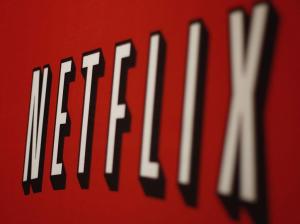
When I was connected to social media, to procrastinate I would check all my social media accounts until I exhausted them and then went to work. During my social media detox, I got into watching youtube videos or Netflix, which meant that I would keep watching episodes or videos instead of doing my work. I finished a few seasons of Criminal Minds on Netflix, a show with 22-23 forty minute episodes per season. Since there were countless episodes on Netflix and countless youtube videos, I only had the threat of deadlines keeping me on track to do my work.
8. You end up switching out one ‘addiction’ for another
I also found myself eating unhealthier food more often because I was bored and wanted something to do. On top of this,
9. Boredom is more productive
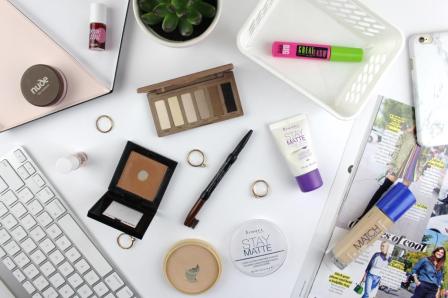
source
I’ve been on many journeys this semester surrounding my lifestyle and one of those journeys is a shift to minimalism…. Something I’m decisively awful at. Having no social media gave me the free time to go through my things and declutter what I don’t need. I was actually keeping my room pretty clean for the entire month of February, something I can’t say that I’ve been upholding now that I’m back online and in the midst of midterm season. I also got really into project planning, which is an organized way to use up the makeup you already have instead of buying more makeup.
10. You might dip back into old hobbies

When people ask me what I like to do I always tell them that I like to read and write despite not doing any of those things in years. Social media becomes a talentless hobby that’s always available. Being offline meant that I was reading more and writing more, I also had more time to reflect on myself as a person and really kickstart my mental health journey.
11. It’s good for your mental health
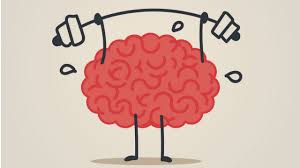
Not everyone struggles with mental health issues, but as someone who’s mentally ill, I often found it taxing to be online and to see all the negativity on social media. It was an emotional labor that I was putting on myself because other able-minded people were retweeting heavy content with ease. I even saw a half-skinned dog on my facebook feed right when I returned. Even though the post was condemning animal abuse, I was still shocked that someone would share the picture of the dog without warning, as the content was incredibly graphic. Being off of social media gave be a buffer between the harsh reality of the world and my mental health. I also got back into doing my makeup for the aesthetic of wearing makeup, rather than for ‘looking pretty’. I also got used to how I looked taking pictures on my phone’s camera, because your phone flips your selfie whereas snapchat does not. I had to get used to how other people see my face instead of the reflection I always see when I’m getting ready in the morning, which eventually improved my overall body image as I got more familiar with what I actually looked like.
12. Keeping up with current events is hard
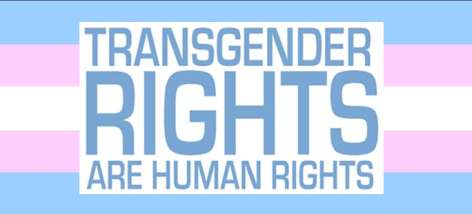
Today most people get their news from social media through others sharing links. Admittedly, most people who share links on social media don’t read them (creating the spread of lies and propaganda) but unbiased news sources exist online and are a lot more instantaneous than watching the news on television. I also didn’t have a television, so I relied completely on The Young Turks and other independent youtube news sources to learn about current events.
Social media becomes a necessary tool when navigating social justice. Your voice will not be heard if you are not online or if your activism is not documented online. That’s not to say that all activism has to be done online, it is just as important to go to protests and partake in social justice activities outside of the internet if you have the physical or mental capability to do so. That being said, for protests like Ferguson, where there was a news media shut out, the locals documented police brutality and put it on sites like twitter, tumblr, and facebook. Even as the content of their videos were taken down, they were reuploaded and spread throughout the internet, causing people to demand justice.
Sometimes similar events won’t get equal “air time” which impacts the government’s response. For example, the Flint water crisis started in April of 2014, and was ignored for years before images of the brown water spread and people like Little Miss Flint helped put a face to the issue. As of March 28th, 2017, a three year plan has been put in place to replace the faulty pipelines of Flint. The NoDAPL movement had a similar slow start and a similar issue; the Sioux wanted to protect their only drinking source from being contaminated with crude oil. Since the pipeline is still being pushed forward, cities are now divesting in banks like Wells Fargo who are funding the Dakota Access Pipeline. However, there are other indigenous tribes that are struggling with water rights. A Wyoming lawsuit sat in legal purgatory for 37 years over the Wind River. Wyoming denied the right for the Northern Arapaho and Eastern Shoshone tribes to use the Wind River. Since the lawsuit started in 1977, there was no access to internet, so the indigenous tribes had no way to gather support for their cause besides utilizing the mail. Other tribes, like the Navajo, have had their drinking water poisoned with Uranium since the 1950’s. A bill to assign accountability and to assist in cleaning the radioactive mess has been sitting in congress for 3 years. On a lighter note…
13. Coming back, I forgot all my passwords and had to reset them

Because I’m always plugged in, I never used to sign out of my social media accounts. I literally forgot most of my passwords and had to create new passwords to my accounts.
14. Get ready to get a ridiculous amount of notifications
This is the hot mess express I came back to
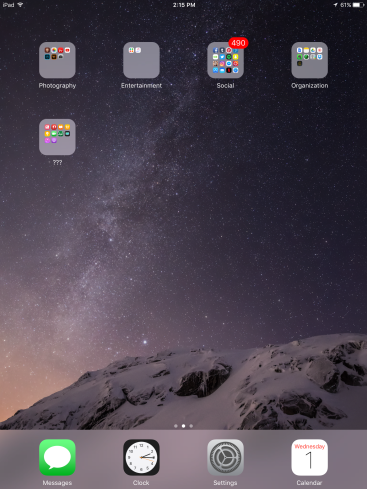
… enough said
15. When you plug back in, you might not think about apps the same way
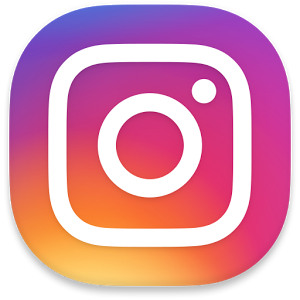
I used to be obsessed with the concept of an instagram ratio, which showed how my account aligned with others. Basically, I took the amount of likes I had and divided it into the number of followers I had to see the percentage of followers who liked my photos. The average ratio between my likes and my number of followers was about even for my photos and for others, but if I fell below that percentage I began to stress out. Now that I’m back on social media I completely stopped caring about follower counts for all of my social media platforms, or how many likes I got on my pictures. I even have my notifications turned off so I don’t see who’s interacting with my account until I go online.
Charlotte has an instagram (@charcat_) but really doesn’t feel comfortable with you following her on other forms of social media. Please be respectful and welcome back to spring semester!




 (am I doing this right?)
(am I doing this right?)













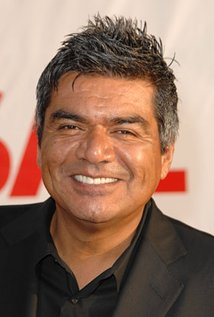 About a month ago, a Mexican-American comedian named George Lopez took the stage at the Celebrity Theatre in Phoenix for a stand up performance. As a long time fan of George Lopez’s combined with the feeling of nostalgia I experience when watching the TV show
About a month ago, a Mexican-American comedian named George Lopez took the stage at the Celebrity Theatre in Phoenix for a stand up performance. As a long time fan of George Lopez’s combined with the feeling of nostalgia I experience when watching the TV show 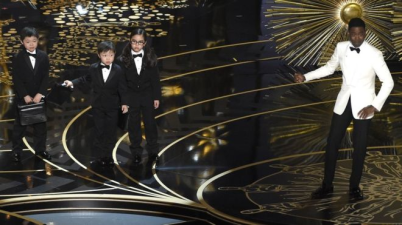 any people of color to be nominated. In the bit Chris Rock did, he brought out the three Asian children to play the “finest bankers” from the Pricewaterhouse Coopers. He then introduced the names of these children (Ming Zhu, Bao Ling, and David Moskowitz) and proceeded to say “if you were offended by this joke, then you can tweet about it on the phone they also made.” Rock playing up two stereotypes about Asian Americans was met with offense and disgust. Celebrities also voiced their concerns with not only the act, but with the Oscars themselves for not stopping this ahead of time
any people of color to be nominated. In the bit Chris Rock did, he brought out the three Asian children to play the “finest bankers” from the Pricewaterhouse Coopers. He then introduced the names of these children (Ming Zhu, Bao Ling, and David Moskowitz) and proceeded to say “if you were offended by this joke, then you can tweet about it on the phone they also made.” Rock playing up two stereotypes about Asian Americans was met with offense and disgust. Celebrities also voiced their concerns with not only the act, but with the Oscars themselves for not stopping this ahead of time
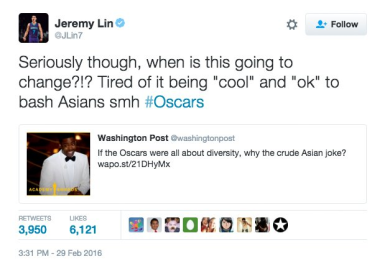
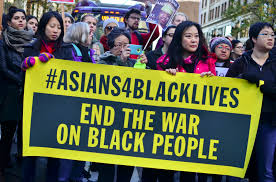
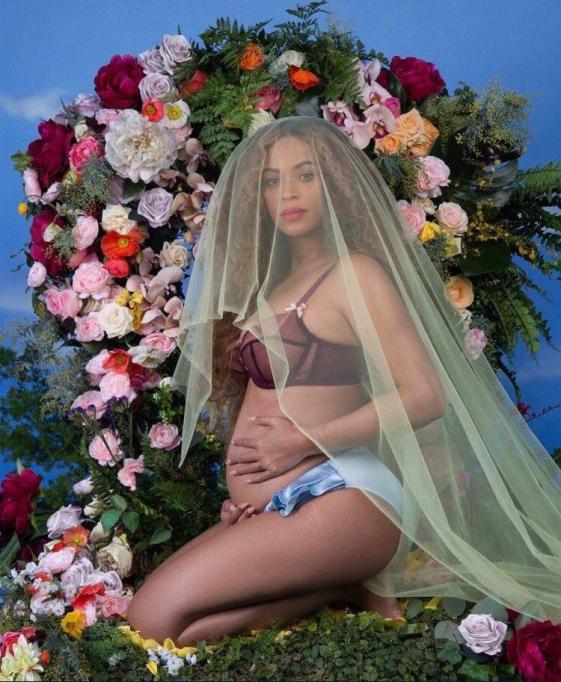
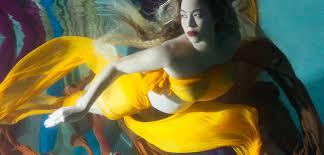
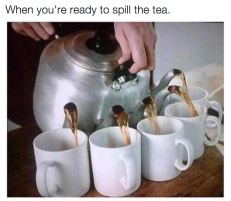
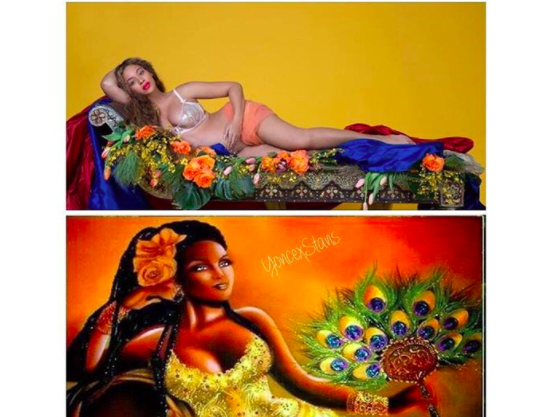
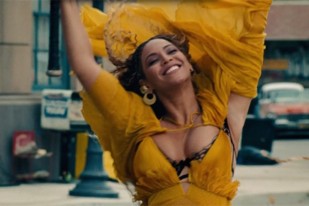 Beyoncé dressed in a yellow dress as she is dancing in the visual for “Hold Up.” In the song Beyoncé tells a narrative of experiencing infidelity. The Goddess Oshun is also known for experiencing hard times in her love life. At the beginning of the visual Beyoncé´ talks about wearing all white, trying to change, fasting for sixty days, and talks about being baptized in a river. Oshun’s main element is the river as she is the Goddess of the river.
Beyoncé dressed in a yellow dress as she is dancing in the visual for “Hold Up.” In the song Beyoncé tells a narrative of experiencing infidelity. The Goddess Oshun is also known for experiencing hard times in her love life. At the beginning of the visual Beyoncé´ talks about wearing all white, trying to change, fasting for sixty days, and talks about being baptized in a river. Oshun’s main element is the river as she is the Goddess of the river.

